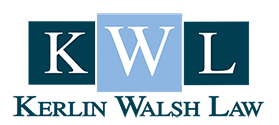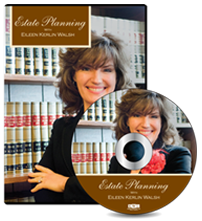Establishing Guardianship
What is Guardianship?
Guardianship generally refers to the legal and financial responsibility for an individual, their estate, or both. The three types of Guardians are Guardians of the Person, Guardians of the Estate, and Guardians of the Person and the Estate. Guardians typically take responsibility for those incapable of managing their own affairs. Guardianship is usually granted over a minor or individual with special needs, also known as a ward.
What are the responsibilities of a Guardian?
The Legal Guardian is responsible for the financial decisions of a ward, all decisions and actions on behalf of a minor or disabled adult is incapable of making those decisions, or both. The Guardian of the Person Guardian cares for their ward’s day-to-day needs such as food, clothing and shelter. Additionally, the Guardian may make legal and financial decisions on behalf of the ward, if no one else is appointed by the deceased parent’s estate or incapacitated individual’s estate.
I want to designate a Guardian for my child in the event of my death. What do I do?
It is important to designate a Guardian in writing. Guardians are often designated in your Last Will and Testament or Trust, as well as your estate. The roll of the guardian is designated at this point as well. You have the option to make another party the trustee of your estate for financial matters on behalf of your child. It is best to consult with an attorney about your family’s specific needs, and choose a vehicle of guardianship with your attorney.
I am responsible for an adult who can no longer make decisions for themselves. Am I a Guardian?
You may be executing some responsibilities on behalf of the incapacitated adult, but you may not have the legal right to complete pending tasks. You need to be legally appointed as a Guardian. The appointment of a Guardian is made by an interested party in a document or by the courts. If you are responsible for an adult who is incapacitated, you may petition the courts for an Appointment of Guardian. It is recommended to contract with an attorney for this process, as the courts may wish to establish proof of intention and capacity of your Guardianship. A Last Will and Testament or Trust may establish Guardianship. Be sure to look for documents or contracts establishing Guardianship, and verify you are the intended Guardian.
A child lives in my home, but I am not a Guardian. Do I need to become a Guardian?
In many instances, a child no longer lives with one or either of their biological parents. A Guardian is necessary for nearly every documented activity now, from summer camp to a doctor’s visit. Any adult with long-term responsibilities for a child should petition for Guardianship, or be declared a Guardian by the parent. A Guardian may include a relative of the child, significant other of the parent or Guardian, or a close family friend with primary responsibility for daily care.
I was appointed the Guardian of an Estate. Do I have to care for the child?
As Guardian of the Estate, it is your responsibility to manage the ward’s financial interest. The personal needs of the child may not be your responsibility. The financial concerns most definitely are your responsibility. If you have never managed an estate before, you should consult with an attorney to ensure you legally execute your fiduciary duties.
Who can I contact with questions about Guardianship?
Eileen Kerlin Walsh P.C. and Associates can help you better understand the roles and responsibilities of Guardians and how to execute those responsibilities. Please call 708-448-5169 to schedule a consultation.

